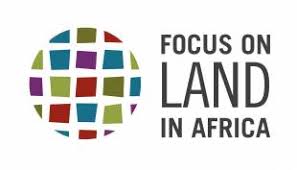Cities without land markets : location and land use in the socialist city
How do the spatial dynamics of the socialist city compare with those of the market city? What happens to a city when all investment decisions are made without land markets? What are the outcomes when the forces described by familiar urban models are not allowed to work?Bertaud and Renaud describe the structure of Russian cities after 70 years of Soviet development.




